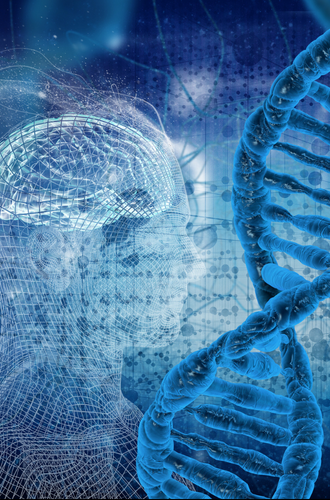
This essay by Carl O. Pabo, Ph.D., introduces a simple modeling system designed to help us think more clearly about the ways in which the rise of AI will change the world. This qualitative, agent-based model identifies several dozen key societal actors—from tech companies and ordinary citizens to political leaders and AI-based agents —and then analyzes how their actions and interactions are likely to reshape the world over the next 5-10 years.
Dr. Pabo’s model is designed to facilitate scenario analysis and policy development, and it points to four major transformations that lie ahead: 1) AI will facilitate remarkable technical advances, yet will 2) relentlessly intensify competitive pressures (as in cyber attack and cyber defense), 3) accelerate a “crisis of complexity” that already threatens governance, and will 4) change the nature of work and prospects for human employment so rapidly that governments may not be able to respond effectively. Unlike the Industrial Revolution, the benefits of AI may be distributed so unevenly as to risk disruption of the social structures on which progress and national security must ultimately depend.